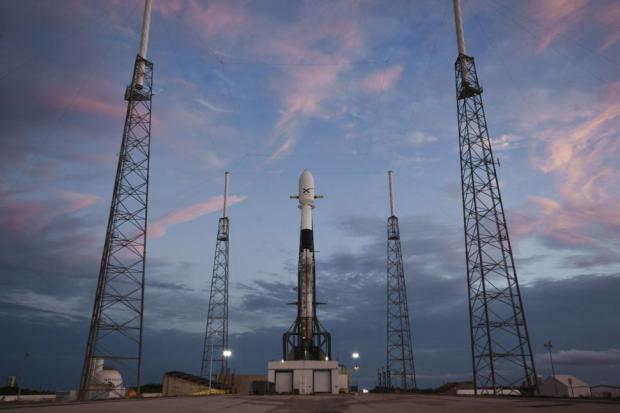
Breaking News
 Alaska Plots AI-Driven Digital Identity, Payments, and Biometric Data System
Alaska Plots AI-Driven Digital Identity, Payments, and Biometric Data System
 Another TRILLION Dollar NDAA Military Spending Bill!
Another TRILLION Dollar NDAA Military Spending Bill!
 The #1 Worst Protein in the World!
The #1 Worst Protein in the World!
 Battleborn 12V Battery: Major Safety Issue
Battleborn 12V Battery: Major Safety Issue
Top Tech News
 Build a Greenhouse HEATER that Lasts 10-15 DAYS!
Build a Greenhouse HEATER that Lasts 10-15 DAYS!
 Look at the genius idea he came up with using this tank that nobody wanted
Look at the genius idea he came up with using this tank that nobody wanted
 Latest Comet 3I Atlas Anomolies Like the Impossible 600,000 Mile Long Sunward Tail
Latest Comet 3I Atlas Anomolies Like the Impossible 600,000 Mile Long Sunward Tail
 Tesla Just Opened Its Biggest Supercharger Station Ever--And It's Powered By Solar And Batteries
Tesla Just Opened Its Biggest Supercharger Station Ever--And It's Powered By Solar And Batteries
 Your body already knows how to regrow limbs. We just haven't figured out how to turn it on yet.
Your body already knows how to regrow limbs. We just haven't figured out how to turn it on yet.
 We've wiretapped the gut-brain hotline to decode signals driving disease
We've wiretapped the gut-brain hotline to decode signals driving disease
 3D-printable concrete alternative hardens in three days, not four weeks
3D-printable concrete alternative hardens in three days, not four weeks
 Could satellite-beaming planes and airships make SpaceX's Starlink obsolete?
Could satellite-beaming planes and airships make SpaceX's Starlink obsolete?
SpaceX to Launch 60 'Starlink' Internet Satellites Thursday

The third time could be the charm for Starlink's first 60 operational satellites.
This week, SpaceX will again try to loft the first 60 members of its Starlink internet-satellite megaconstellation.
If all goes according to plan, the 60 spacecraft will launch atop a Falcon 9 rocket Thursday night (May 23) from Florida's Cape Canaveral Air Force Station, SpaceX announced via Twitter today (May 20).
You can watch the liftoff — which will also feature a rocket-landing attempt on a ship at sea — here at Space.com when the time comes, courtesy of SpaceX or directly via the spaceflight company.
The Starlink satellites were originally scheduled to launch on May 15, but that attempt was called off due to high winds. SpaceX called off another try the following night to update software and conduct additional checks.
SpaceX envisions the Starlink network providing affordable internet access to people around the world. But that won't happen immediately; about 400 satellites will be needed to provide "minor" coverage and 800 for "moderate" coverage, SpaceX founder and CEO Elon Musk has said.

 First totally synthetic human brain model has been realized
First totally synthetic human brain model has been realized Mach-23 potato gun to shoot satellites into space
Mach-23 potato gun to shoot satellites into space

